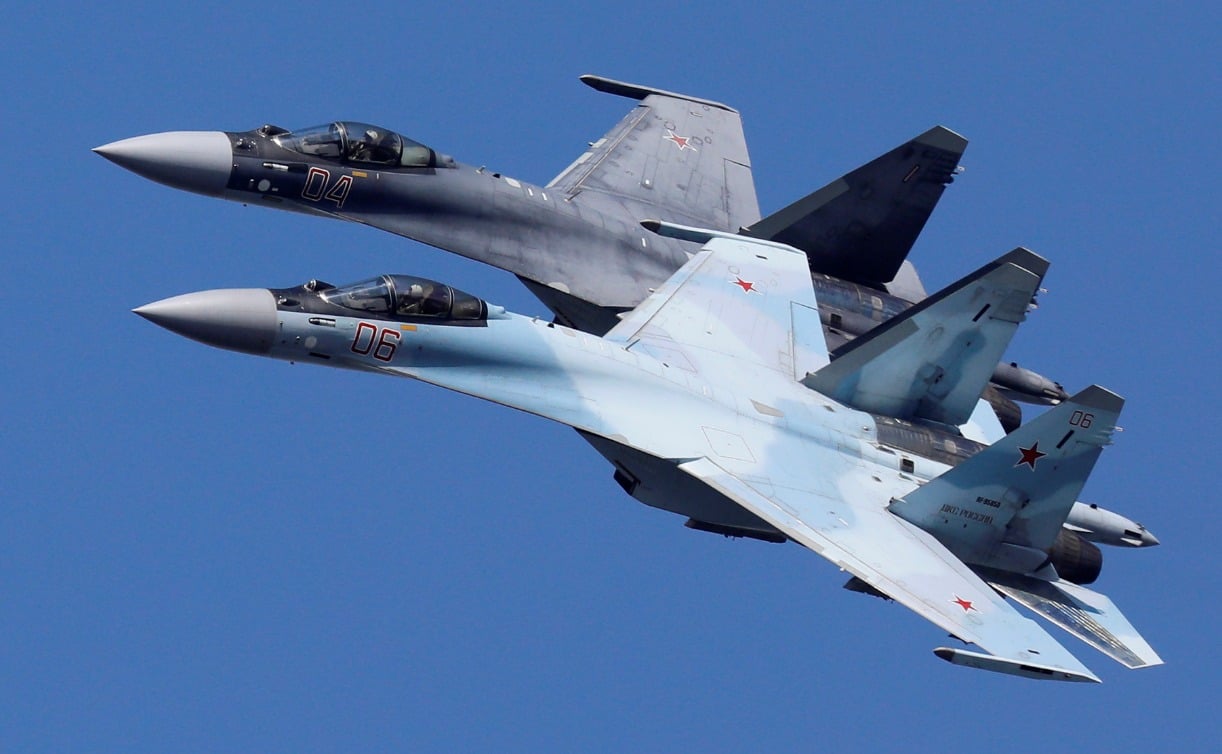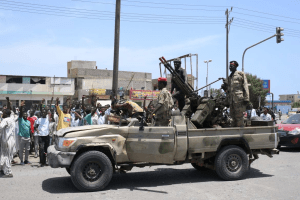Salem AlKetbi: The Rising Risk in the Black Sea Skies

Recently, two Russian planes had a showdown with an American drone resulting in the latter plummeting into the Black Sea. This event is a clear indication of the escalating tension and indirect conflict between the US and Russia.
According to John Kirby, spokesman for the US National Security Council, there have been other similar interception operations in recent weeks, but what makes this incident particularly perilous is the absence of communication between the Russian and American forces during the 40-minute confrontation. The aftermath of the incident could be as significant as the drone’s downing itself.
The US military destroyed the drone, but there are reports that the Russian Navy is attempting to recover the wreckage. Washington fears that the drone’s sensitive surveillance technology may fall into Russia’s hands. Flying American drones over the Black Sea is undoubtedly a crucial aspect of supporting Ukraine’s war against Russia.
The intelligence gathered by Ukraine’s American counterparts is used to strengthen air defenses against Russian assaults and launch offensives against Russian military positions. The danger of the incident lies in the US’ resolve to continue its reconnaissance activities in the region.
John Kirby, coordinator of strategic communications at the US National Security Council, said that the incident would not “deter” the US military from carrying out its missions. He added that the Black Sea is not the property of any nation, and the US will continue to do whatever it takes to safeguard its national security interests in that part of the world.

On the flip side, Russia sent a forceful message to Washington and is determined to confront what it perceives as a threat to its national security. Russia rejected the notion that the incident was a result of a “collision” and emphasized that the Russian Air Force did not use weapons and did not lay a finger on the American drone that fell into the Black Sea.
The Ministry of Defense stated that the American drone was flying at a low altitude. After negotiations with the American side, the Russian ambassador to Washington, Anatoly Antonov, stated that US warplanes and warships have no business approaching the borders of the Russian Federation.
Antonov asked, “Could you imagine what the reaction of the US media or the Pentagon would be, if a Russian strike drone appeared near New York or San Francisco?” Antonov described the US’s move towards the Crimean peninsula as a “provocative” act. However, he also acknowledged problems with demarcating maritime borders since the US does not recognize Russia’s authority over Crimea.
Antonov affirmed that “Russia does not seek confrontation and stands for pragmatic cooperation in the interests of the peoples of our countries.” Russia has stepped up its tough talk towards the US and warned it against declaring war on the “biggest nuclear power.”
The Russian ambassador, Anatoly Antonov, tweeted that targeting any Russian aircraft in international airspace would be a declaration of war on the world’s largest nuclear power, referring to Russia. Antonov added that any armed conflict between Russia and the US would be fundamentally different from what he described as a remote proxy war waged against Russia in Ukraine.
One worrisome aspect of this incident is that it represents the first and most dangerous direct clash between the US and Russia against the backdrop of the Ukraine war. It is fortunate that there were no human casualties that could have set off a powder keg, particularly if the losses had been on the American side.
US President Joe Biden is feeling the heat at home as he navigates the economic strain of continuing support for Ukraine. Tensions between the US and Russia have long been a flashpoint, with Moscow often accusing American air or naval units of violating Russian airspace or territorial waters. In response, Washington maintains that their forces are strictly operating in international airspace or waters.
The Black Sea region seems to be a constant hotbed of naval and air showdowns between the US and Russia.
The author is an UAE political analyst and former Federal National Council candidate
Want to chase the pulse of North Africa?
Subscribe to receive our FREE weekly PDF magazine















